The Fed should pause interest rate rises as US inflation slows
The US Federal Reserve Board will meet again on 20-21 September, and while most analysts expect another big interest-rate rise, there is a strong argument for the Fed to take a break from its aggressive monetary-policy tightening. While its rate increases so far have slowed the economy – most obviously the housing sector – their impact on inflation is far less certain.
Monetary policy typically affects economic performance with long and variable lags, especially in times of upheaval. Given the depth of geopolitical, financial and economic uncertainty – not least about the future course of inflation – the Fed would be wise to pause its rate rises until a more reliable assessment of the situation is possible.
There are several reasons to hold off. The first is simply that inflation has slowed sharply. Consumer price index (CPI) inflation – the measure most relevant to households – was zero in July, and it is likely to have been zero or even negative in August. Similarly, the personal consumption expenditure (PCE) deflator – another often-used measure based on GDP accounts – fell by 0.1% in July.
Some will be tempted to credit tight monetary policy for this apparent victory over inflation. But that argument commits the post hoc ergo propter hoc fallacy (to assume that because A happened before B, A must have caused B) and confuses correlation with causation. Moreover, most of the main factors behind today’s inflation have little to do with curbing demand. Supply-side constraints drove inflation higher, and now supply-side factors are bringing inflation back down.
To be sure, many economists (including some at the Fed) expected the supply-side interruptions from Russia’s war in Ukraine and the pandemic to be overcome very
Read more on theguardian.com




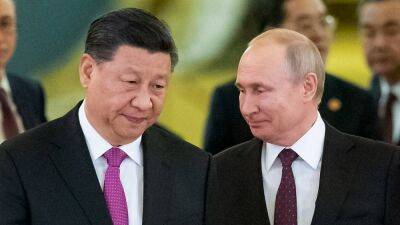

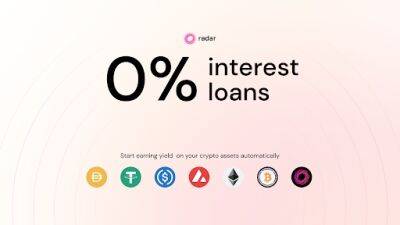
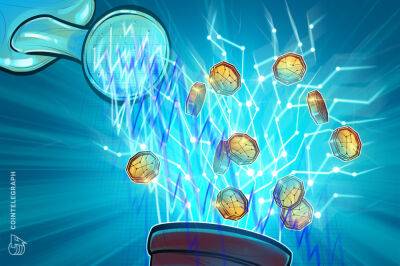


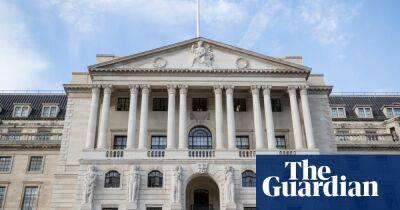



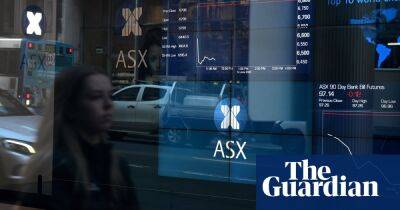
![Cardano [ADA] holders might not be disappointed to read this](https://finance-news.co/storage/thumbs_400/img/2022/9/14/40758_7zc.jpg)
